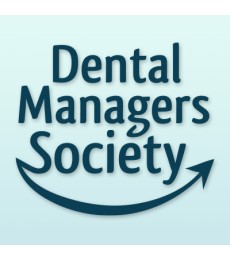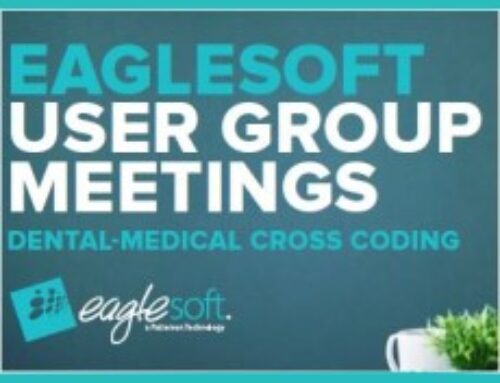Dental offices are in the midst of attempting to reopen their practices and assure their patient bases that it is safe to go to the dentist for what is probably treatment that is needed and behind schedule. What are the legal documents that offices should have to avoid legal liability?
Many dental offices ask what kind of informed consent form is needed to protect offices from patients who fear the risks of receiving treatment in an environment where those infamous respiratory droplets are part of the business. The answer is actually that full informed consent forms aren’t really the best way to avoid liability. The California Dental Association recommends not using one and the Eastern Dental Insurance Company and the Massachusetts Dental Society aren’t recommending a full form, but more of a simple paragraph informing patients that COVID-19 is a transmissible and that there are risks in being in the proximity of staff, but that precautions are being taken to limit the spread of the disease. Informed consent is used primarily for consent for dental treatment that always has risks, and if done incorrectly can be malpractice.
The key to avoiding liability from patients who might otherwise blame the dental office for any infection having them acknowledge that the office is taking all those precautions plus more than what is required to keep patients safe. After all, if patients are reminded thoroughly of all the steps that are being taken to be careful, many of which can be seen in areas of the office like the waiting room or counter areas, how can later they explain to a lawyer, a judge or a jury that the practice was careless enough to be penalized and held liable?
Combining those two processes, explaining simply that COVID-19 is transmissible and that there is risk of proximity to others present in dental offices, and listing the precautions that are being taken, can be included in a Notice and Acknowledgement form that the patient should sign instead of a full informed consent form. It gives the office a chance to show off how an office has thoroughly invested in implementing a plan of safety measures that go above and beyond the normal extensive infection control requirements involving in a practice. Showing patients you care can be good business as well as preventing liability by using this tool to have patients acknowledge the practice’s careful planning during COVID-19.
There are other forms which should be used as well to provide an environment that is infection free and protects both patients and staff. An office should use Patient Screening Forms, which require each patient to state whether they have tested positive, who they have been in contact with who has tested positive, where they have been if it is a hot spot in this country or abroad, and if they have any symptoms which may be signs of infection. Contact tracing from these forms helps both the patient and the office, and Massachusetts is at the forefront of that process to help trace the sources of infections, and patients and others seem to be more comfortable with contact tracing as it develops.
Employee Verification Forms, which contain many of the same questions as Patient Screening Forms, should be used for each returning employee, and updated frequently to see if employees have had any chance of exposure recently. Soon, accessibility to testing will become available even to those who are asymptomatic, so employees should verify that they have been tested or have made efforts to get a test through their doctor or state agency or other places like pharmacies that are becoming testing centers. An employee in a dental office will have priority as a health care provider if they tell their doctor or someone else who can authorize a test that their job type will make it important that they be tested.
There are so many forms already available for dental offices for infection control that usually are required anyway and are even more important now to have employees knowledgeable to how to fill them out. Now it is just a matter of highlighting that dental offices have always been very infection control conscious to those who don’t realize it but will feel safer and less inclined to blame their dentist legally for any possible sign of infection.
Attorney Brian T. Hatch
8 North Main Street Suite 403
Attleboro, MA 02703
508-222-6400
Fax 508-222-6478
HatchLawOffices.com





